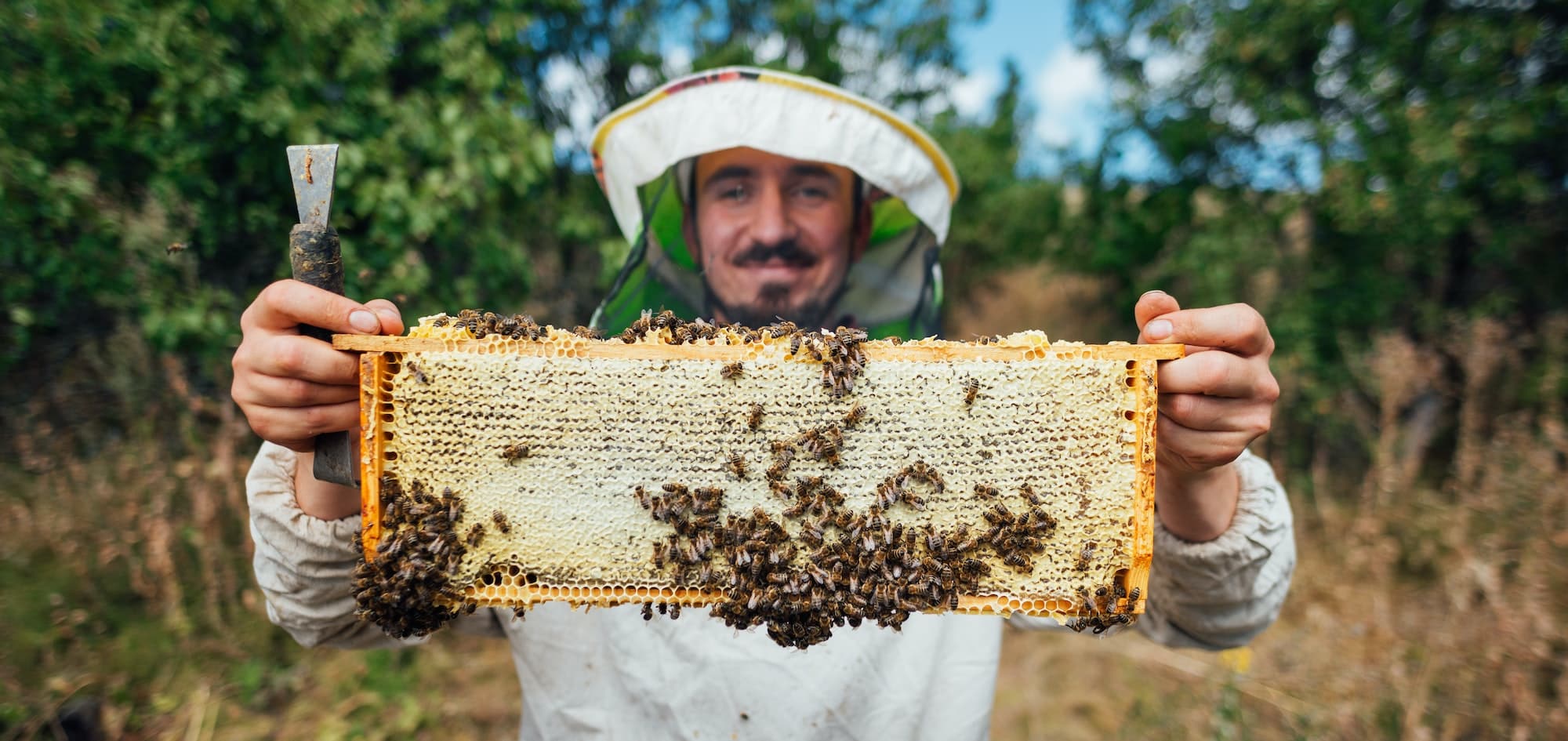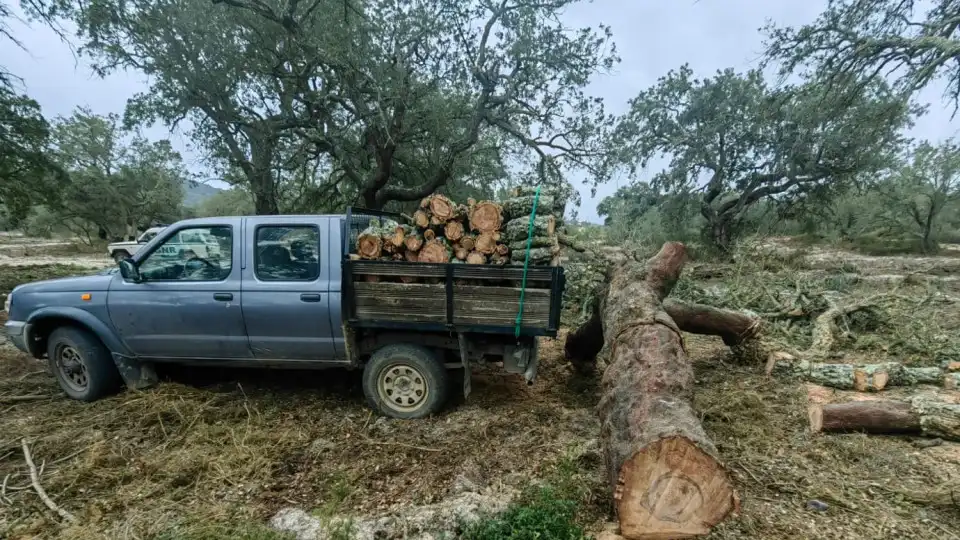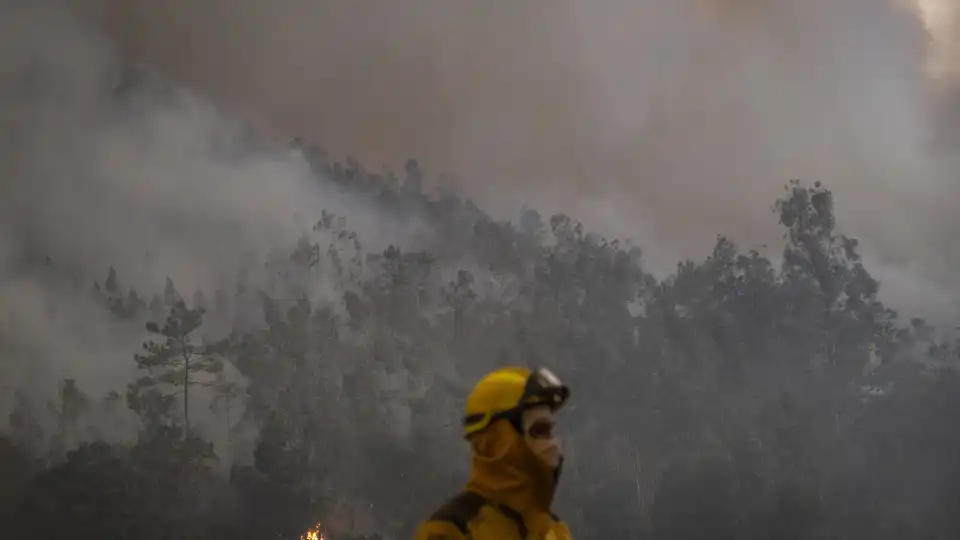Portugal’s honey sector is facing its worst year in decades with falls estimated at 80%, still a consequence of the after-effects of the 2022 drought, the president of the National Federation of Beekeepers, Manuel Gonçalves, said today.
“We’re going through the worst crisis in 40 years,” the leader stressed, in Mirandela, in the Bragança district, on the sidelines of the presentation of the new BeeLand project, designed to study the sector and seek solutions to the problems, with almost a million euros funded by the Recovery and Resilience Program (PRR).
Without a solution, the executive explained, this year’s production could not recover from the damage caused by the drought of 2022, and losses are estimated at around 80 percent.

Gonçalves said Portugal had lost “around 200,000 hives out of more than 700,000” due to a decline in bee numbers, recorded over the past three years and worsening last year.
According to the president of the federation, an average of nine kilos of honey are produced per hive in a normal year.
“At the moment, we have not exceeded two and a half kilos,” he said.
This reality means that “many beekeepers will have to give up honey extraction to maintain their bee population” because “honey extraction can lead to the death of bees”, as Cristofe Espírito Santo, from the National Competence Centre for Beekeeping and Biodiversity, explains.
“The sector needs help to survive this year, which couldn’t be any worse for the bees, who provide such an important service to the community, because without bees we can’t have fruit or vegetables,” warned Cristofe Espírito Santo.
For the president of the federation, “this is a total catastrophe”.
He said he had already informed the government, but that “so far, beekeepers not only see no aid for this year’s campaign, but remain the only European partners not to benefit from direct support”.
The aid that does exist for beekeeping in Portugal, he said, is granted to producer organizations, and none is granted directly to the beekeeper.










